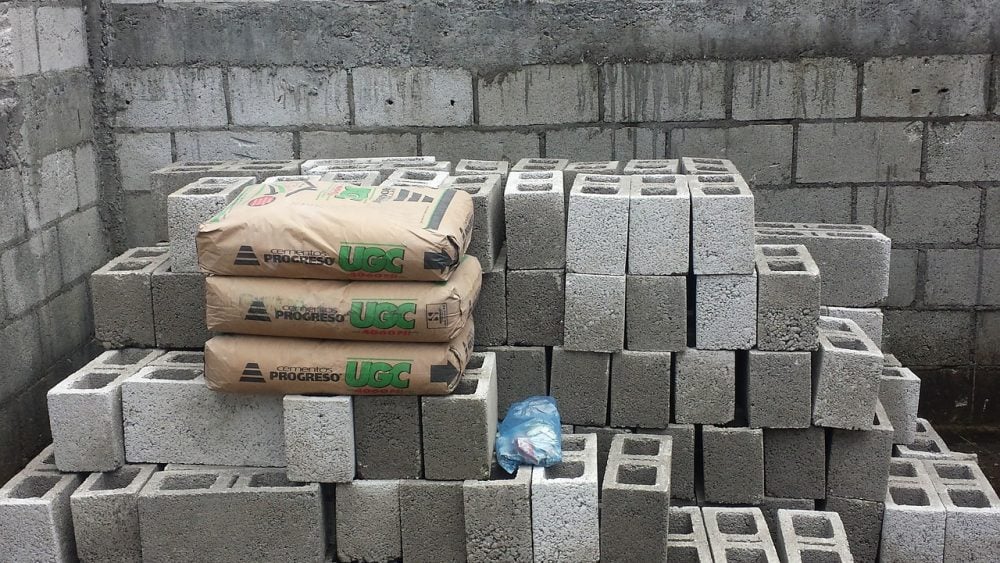When it comes to foundations, concrete block foundations (also referred to as ‘block foundations’, and ‘cinder block foundations’) are one of the most popular options in North America.
Typically constructed using 16” long by 8” wide concrete masonry units, concrete block foundations are installed using an interlocking pattern for added strength and stability.
Advantages
There are many advantages associated with concrete block foundations, including:
Compression Strength
Concrete block foundations have higher compression strength than poured walls.
Fire Resistant
Unlike other building materials, concrete blocks are fire resistant.
Well-Insulate
Concrete block foundations insulate against heat and cold, helping keep your home cool during summer months, and keep the heat in during the wintertime.
Disadvantages
There are some disadvantages associated with concrete block foundations. These include:
Bucking
Concrete block foundations have been said to be more susceptible to bucking and bowing than their poured counterparts.
Water Seepage
Due to the increased number of grout lines, concrete block foundations are more likely to have leaks than poured foundations.
Cost
In comparison to some other building materials, concrete blocks (and consequently concrete block foundations) can be expensive.


Comments are closed.